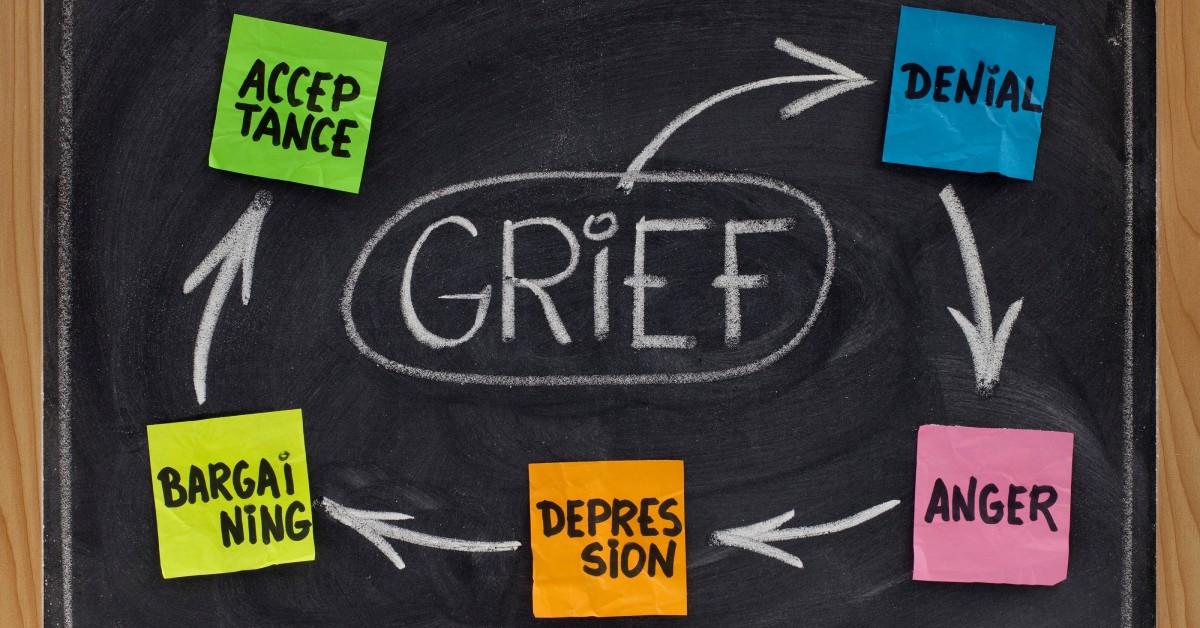
Grief is a deeply personal and often overwhelming experience. It arises from loss and manifests in various reactions that can be confusing and distressing. Understanding these common grief reactions and how to handle them can help those who are mourning to cope better and find a path forward.
Denial and Isolation
Denial is a common initial reaction to loss, often leading to isolation as a natural defense mechanism. It allows individuals to process the shock at their own pace, acting as a buffer to adjust to a new reality. Recognizing denial can be challenging, as it may involve painful discussions about the event, while isolation often manifests as withdrawal from social interactions.
Acceptance is crucial to overcoming these responses; gradually confronting the reality of the loss and reaching out to trusted friends or family can help break the cycle of isolation and lead to healing.
Anger
Anger is a powerful emotion in grief, often directed at the loss, oneself, or others. Though unsettling, it's a natural response to helplessness. Finding healthy outlets is essential; physical activities like walking or running and creative pursuits like painting or writing can channel anger constructively.
Mindfulness techniques, such as deep breathing or meditation, can help manage it, promoting calmness and reflection. Seeking support from friends or professionals can also provide guidance. It's okay to feel angry but express it in ways that don't harm yourself or others.
Bargaining
The bargaining phase involves seeking alternative outcomes or negotiating with a higher power, driven by a desire to reverse the loss and regain control. To cope, focus on acceptance and support, understanding it's part of the grieving process.
Journaling and connecting with others who have faced similar losses can provide comfort and shared understanding. While bargaining is normal, grounding oneself in reality through routines and comforting activities can help maintain stability amid uncertainty.
Depression
Depression often follows grief, with overwhelming feelings of sadness and hopelessness affecting daily life. It's crucial to acknowledge these emotions and prioritize self-care, recognizing when professional help is needed.
Engaging in joyful activities, no matter how small, offers relief. A supportive network encourages open conversations about emotions, while counseling provides valuable coping tools. Therapists can guide you in processing grief and building resilience.
Acceptance
Acceptance isn't about forgetting; it's about acknowledging loss and moving forward with hope for the future. While the pain doesn't vanish, acceptance creates space for healing. There's no set timeline for reaching this stage, and support groups or counseling can offer valuable insights and connections.
Sharing stories fosters belonging, reminding you that you're not alone. Celebrate small victories—like a day without tears or a genuine laugh—as they signify progress. Healing is a unique, ongoing journey.
Find Support From Soulistic Hospice
Understanding the reactions to grief and how to deal with them can help you cope and heal. By acknowledging denial, managing anger, navigating bargaining, addressing depression, and seeking acceptance, you can find a path toward healing and hope.
If you're seeking guidance on this journey, contact Soulistic Hospice for grief counseling in AZ. Healing is a process, and you don't have to walk it alone. Find the support you need to move toward a brighter tomorrow.








